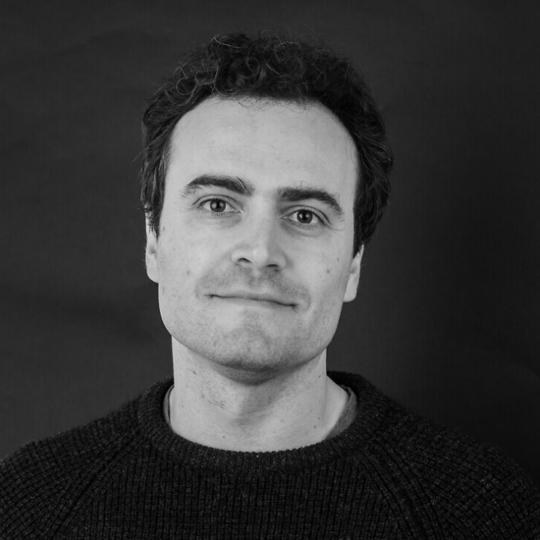| 16 Mar 2022 | 12:30 - 14:00 | Online | |
- Description
- About
Description
I really enjoyed the work-in-progress seminars – I don’t know if it was luck or design, but they were so relevant and exciting for my own work, but in tangential ways that I never would have thought about.
– Dr Bronwen Everill, Cambridge Early Career Fellow, Michaelmas Term 2020
This event is part of the CRASSH fellows work-in-progress seminar series. All are welcome but please register to book your place and to request readings.
Dr Tom Vandeputte
The main focus of my research lies on nineteenth- and twentieth-century continental philosophy and critical theory, with a special interest in theories of history, catastrophe and utopia. One of the central themes in my previous work has been the critical engagement with problems of history and time in the modern philosophical tradition, especially the challenge of thinking historical time beyond representations of progress and development.
My current book project, provisionally titled Minima Politica, draws on this research by examining the nexus of catastrophe and politics in the work of the German philosopher and critic Walter Benjamin. The problem central to Benjamin’s political thought, I argue, is to articulate a politics at the limit of its possibility. Confronting the unfolding catastrophes of the early twentieth century, Benjamin’s primary concern is to fundamentally rethink a politics that has lost its support in conventional notions of hope and progress, human morality and agency.
During my time at CRASSH, I will be focusing on a motif in Benjamin’s political-philosophical project that bears a striking relation to our own historical moment: the demand for a “planetary” politics. The unleashed forces of global capitalism and modern technology at the dawn of the twentieth century, Benjamin argues, expose the political domain to a newly emerging “planetary scale” in which the traditional human-nature binary collapses. This condition, so Benjamin suggests, calls for a radical expansion of the political community to animals and plants, words and things – the recognition of an irreducibly planetary future that, as I will show, requires a recasting of inherited political categories.
About
Dr Tom Vandeputte is a Visiting Fellow and is at CRASSH in Lent and Easter terms 2022.
Tom Vandeputte is a lecturer in continental philosophy and critical theory at the Sandberg Institute in Amsterdam, where he runs the Critical Studies department. He is also co-founder of the Centre for Continental Thought in Amsterdam and a member of the editorial board of the forthcoming journal New Benjamin Studies, which is due to be published by Brill / Wilhelm Fink. Since completing his PhD with the Centre for Philosophy and Critical Thought (CPCT) at Goldsmiths, University of London, he has been a fellow at the Institute for Cultural Inquiry (ICI) Berlin and the Forschungsinstitut für Philosophie in Hannover (FiPH).
Vandeputte’s research focuses nineteenth- and twentieth-century philosophy and critical thought, with a special interest in theories of history, catastrophe and utopia. His first book, Critique of Journalistic Reason(Fordham University Press, 2020), provides the first detailed study of the philosophical preoccupation with journalism and newspaper reading from Kant to Derrida. Drawing on this project, his recent article “Continuity as Catastrophe: Origins of a Thesis in Walter Benjamin,” which is forthcoming in New German Critique, examines Walter Benjamin’s contention that catastrophe is not to be understood as an exception to the regular course of history but needs to be located in its persistent continuity – the simple fact that “things go on like this.” Vandeputte’s current book project, Minima Politica: Walter Benjamin’s Political Thought, explores the German philosopher and critic’s attempt to conceive of a politics at the limits of its (im)possibility.



